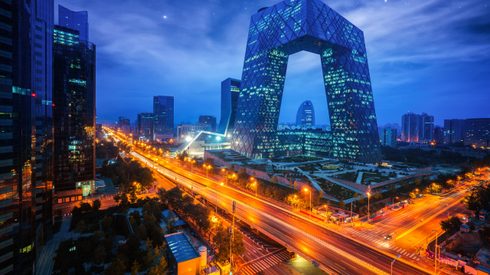Fastmarkets’ inaugural assessment for green steel domestic, flat-rolled, differential to HRC index, exw northern Europe was €200-300 per tonne on June 8.
The wide range reflected relatively low liquidity and a “case by case” approach in trading green steel products, sources said.
While this price range has been stable in recent weeks, it represents an increase at the low-end from the first quarter of the year, when some producers conceded they were sometimes unable to achieve any premium at all.
Green steel demand worth the premium
Demand for low-emission steels has been steadily increasing, particularly from the automotive industry. Previously, demand was largely exploratory, with consumers testing new suppliers and materials without necessarily being willing to pay a premium.
That has changed, however, and premiums for physical steel with CO2 emissions of no more than one tonne per tonne of steel (for Scopes 1, 2 & 3) were reported in the range €200-300 per tonne.
Most European steelmakers have announced significant investments in green steel projects to cut emissions and comply with strict EU regulations. These projects largely consist of hydrogen-based direct-iron reduction and electric-arc furnaces (EAF), while in the shorter-term scrap-based flat steel production has increased.
Under the European Green Deal, the European Commission proposed a new EU target to reduce greenhouse gas emissions by at least 55% by 2030, compared with the levels emitted in 1990.
Under the EU emissions trading system (ETS), industrial companies will have their emission allowances phased out from 2026, meaning substantial costs will be incurred by materials produced with emissions.
By 2030, 30% of the European steel market will be green [zero or close to zero]
“By 2030, 30% of the European steel market will be green [zero or close to zero],” a mill source said.
During the week to June 8, two trading sources reported premiums for EAF-produced flat green steel of Spanish and German origin at €200-250 per tonne.
A producer source reported a premium of €300 per tonne for EAF-produced flat-steel.
A trading sources estimated European flat green steel premium at €150-200 per tonne during the assessment week.
“In general, €200-300 per tonne is the standard premium for CO2 reduced steel produced via EAF route,” a trader in Northern Europe said.
Sources said they expect demand for green steel from end users to continue growing in the coming years
Consumers willing to pay a premium to go ‘green’
The major green steel consumer is currently automotive industry, sources said. However, market participants pointed out, that demand for green steel from the construction industry “was also coming soon via legislation.”
Fastmarkets’ green steel, domestic flat-rolled differential, ex works Northern Europe will be assessed weekly against the established Fastmarkets Northern European hot-rolled coil (HRC) index.
Stay up to date with key developments in green steel pricing and read the latest stories driving the discussion by visiting our dedicated green steel content hub. Learn more.




